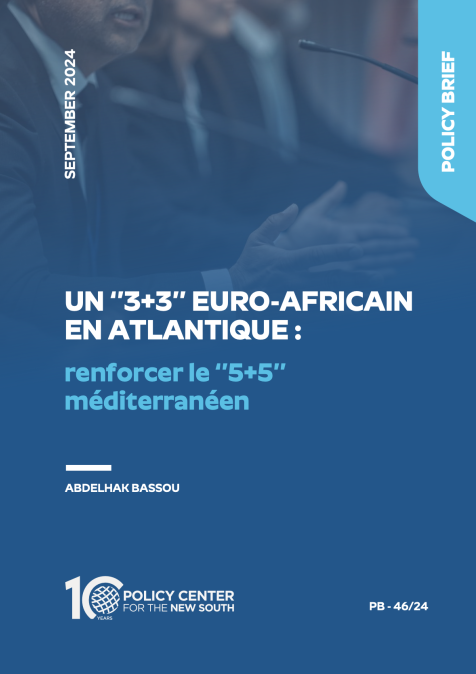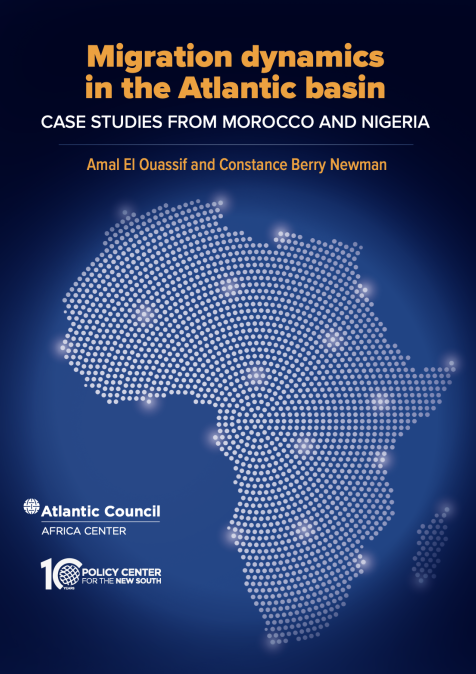Publications /
Annual Report
Book / Report
This ninth edition of “Atlantic Currents” appears in an international context marked predominantly by a ten month-war between Russia and Nato members that began February 2022. The war is affecting not only
the European and American member States directly and actively involved in an unprecedented manner, but more importantly the countries of the global South that have suffered collateral damage.
Indeed, the nations of the world were barely out of the most painful and costly phase of the Covid-19 pandemic, and still trying to deal with its consequences and begin the recovery phase, when they were forced also to confront the consequences of a war for which they were not responsible but that had a severe impact in terms of surging energy and food prices, high inflation rates and increasing public debt.
European countries found themselves embroiled in the first conflict on European soil since the war in the Balkans in the 90s and suffered direct consequences. This conflict put the Atlantic Alliance back in center stage and again raised the issue of the European Union taking greater responsibility for its own defense and security.
Since the Russian president ordered his “military operation in Ukraine”, Nato has been transformed from an Alliance whose funeral bell has tolled many times since the collapse of the Soviet Union, to an organization able to revamp itself swiftly and restore the confidence of its constituencies in its mission as a defense organization able to mobilize, deliver and evolve.
These developments, and their impact on the future strategy of the Alliance to transform transatlantic relations and adapt to the new dynamics in international relations, cast a shadow on the prospect of enhancing and expanding Nato’s relations with its southern partners, especially in light of the United States’ focus on the Indo-Pacific region and the containment of China, their main opponent.
The content of this ninth edition covers topics that gained momentum after the war on Ukraine, such as how NATO is adapting to a new and uncertain security environment, food security, agriculture and technology, water scarcity, social uprisings and inflation.
As with prior editions, authorial expertise continues to involve young leaders in writing or co-writing certain chapters in this issue, thus further promoting the mutual enrichment between generations that has been the motto of the Policy Center since its inception.
On behalf of all those who contributed to this collective endeavor we hope that we continue to deserve your confidence and trust.
Mohammed Loulichki | Senior Fellow, Policy Center for the New South







